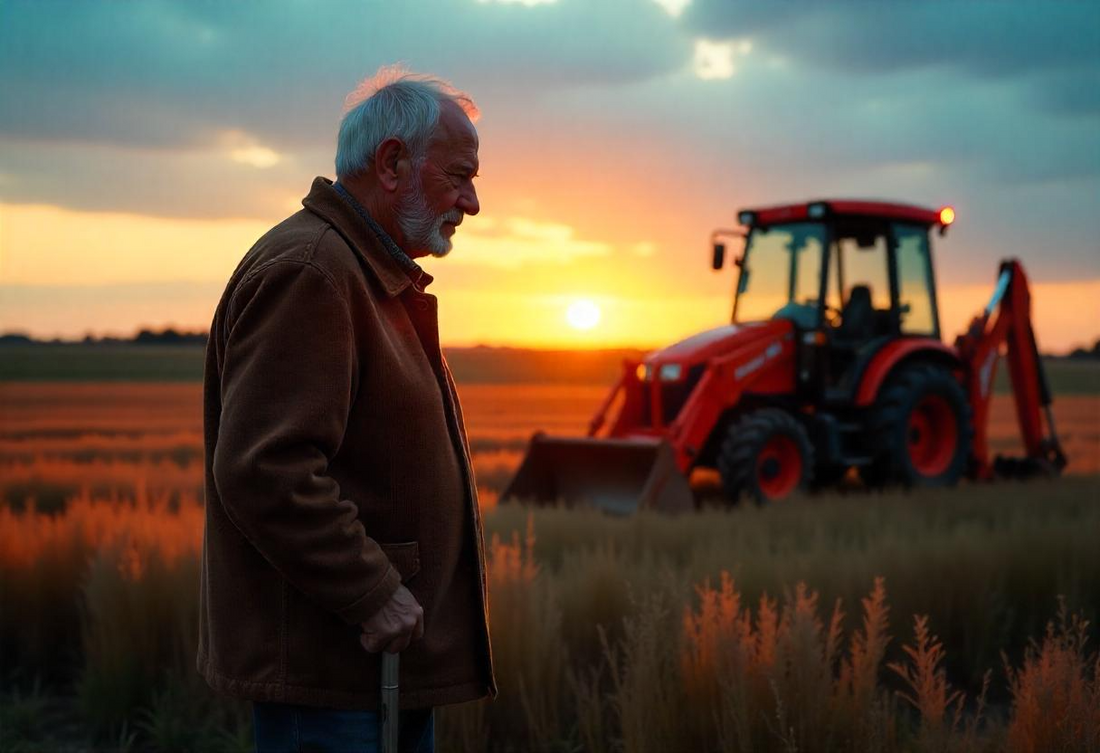So you need to excavate something, like a foundation or a trench. It’s a big task, and you apparently need certain equipment, but you only need to do it once. Is it a wise decision to buy a backhoe? Or is there a more suitable choice?
Backhoes used to be relatively typical, but more frequently today, people are hiring mini-excavators, aka “compact excavators.” Both machines are helpful in completing a variety of jobs, but understanding your job site is key when selecting between the two, and more and more contractors are opting for the mini excavator rental over buying a 3-point backhoe attachment. Here are a few pros and cons.
Backhoe Pros and Cons
Backhoes are not only effective for digging; they offer many benefits. Construction, small wreckage jobs, hauling building material, paving highways, cracking asphalt, landscaping, moving dirt, shoveling snow, and uprooting trees are all tasks that a backhoe can achieve. The query you need to ask yourself is “will you need it again?” when deciding if purchasing one is in your best interest.
Another thing to ask is how big your tasks are. There are a few cons when comparing a backhoe to a mini excavator, the main one being that the mini excavator is more effective. A backhoe cannot lift as much weight, has a more fragile hydraulic system, and can not dig in-depth. They are also bigger and more bulky, making them more difficult to operate around farms and job sites.
A 3-point hitch backhoe-equipped tractor also has a bucket in front and can move at a much quicker pace around the farm (up to 25 mph).
Mini-Excavator Pros & Cons
Mini excavators move pretty slowly. The 3-4 mph speed is truly the only con when you compare the two, and although they may move at a slower pace than a backhoe, and at that glacial speed, transport has to be considered. Transporting a mini-excavator to your property site is slow without a trailer. However, you can easily move a tractor to where it's needed.
There are many benefits to buying a mini-excavator:
Maneuverability. Mini excavators have a 360-degree turning radius, while backhoes have a 200-degree turning radius. The added maneuverability arguably compensates for the lack of pace.
Size. The small size of a mini excavator makes it easy to drive through tight or crowded spaces on a project site.
Weight. This is a light machine that lowers ground deterioration and track prints to the terrain you are operating on.
Storage. Renting a mini excavator eliminates the requirement for the area to park it.
Power. When it comes to lifting and demolition, the mini excavator can handle much more than the backhoe.
Price. A mini excavator rental is much more affordable than purchasing a backhoe attachment, especially if you only require it for a one-time usage. You’ll typically find a 3-point backhoe for sale at costs up to $8,000, so unless you are using it often, it really makes no logic.
Final words
The decline of backhoes underscores a broader trend toward specialized, compact machinery. Mini-excavators excel in tight spaces, reduce operational costs, and support diverse attachments—from augers to grapples—making them indispensable for today’s urban and precision-focused projects. As sustainability and efficiency take center stage, the industry’s preference for mini-excavators signals a permanent shift. For contractors and builders, embracing this evolution isn’t just smart; it’s essential to staying competitive. The era of the backhoe may be ending, but the age of the mini-excavator is here to revolutionize construction.

